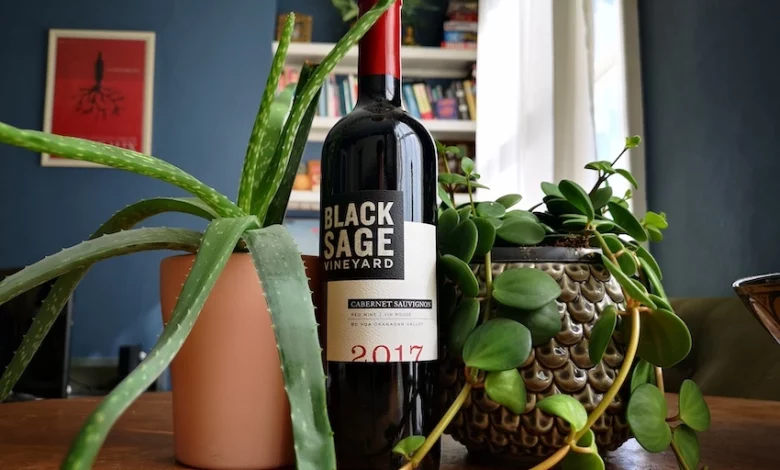Going Green: Certification Options for Environmentally-Friendly French Wineries

Table of Contents
ToggleAs a wine blogger passionate about sustainability and environmental consciousness, it’s always inspiring to see wineries taking steps towards greener practices. In this article, we’ll explore the various certification options available for French wineries striving to minimize their environmental impact and promote sustainability. Join us as we delve into the world of eco-friendly viticulture and discover how these certifications are helping French wineries go green.
Introduction to Sustainable Viticulture in France
France has long been renowned for its prestigious wine regions and world-class winemaking traditions. However, in recent years, there has been a growing recognition of the need for sustainable practices in viticulture to preserve the environment, protect biodiversity, and ensure the long-term viability of the wine blog industry. French wineries are embracing sustainability initiatives to reduce their carbon footprint, minimize chemical usage, and promote eco-friendly farming practices.
HEV (Haute Valeur Environnementale)
The Haute Valeur Environnementale (HEV) certification is a French environmental certification scheme that recognizes vineyards committed to sustainable farming practices. Developed by the French Ministry of Agriculture, HEV certification assesses vineyards based on biodiversity conservation, plant protection strategy, fertilizer management, and water resource management. Wineries that meet the stringent criteria are awarded HEV certification, signifying their dedication to environmental stewardship.
Terra Vitis
Terra Vitis is another prominent certification program for sustainable viticulture in France. Founded in 1998, Terra Vitis promotes environmentally friendly practices, social responsibility, and economic sustainability in wine production. Wineries certified under Terra Vitis adhere to strict guidelines regarding vineyard management, pesticide usage, soil conservation, and waste management. By prioritizing sustainable practices, Terra Vitis wineries strive to minimize their environmental impact while producing high-quality wines.
Biodynamic Certification
Biodynamic viticulture goes beyond organic farming by incorporating holistic principles and lunar cycles into vineyard management. Biodynamic wineries aim to create self-sustaining ecosystems that harmonize with nature and enhance the vitality of the soil and vines. In France, biodynamic certification is offered by organizations such as Demeter and Biodyvin. Biodynamic wineries follow biodynamic principles such as composting, biodiversity promotion, and natural pest control to produce wines that reflect the terroir’s unique expression.
Organic Certification
Organic certification is another option for French wineries seeking to minimize synthetic inputs and prioritize natural farming methods. Organic vineyards eschew the use of synthetic pesticides, herbicides, and fertilizers in favor of organic alternatives. In France, organic certification is overseen by organizations such as Ecocert and AB (Agriculture Biologique). Wineries certified as organic must adhere to strict regulations regarding grape cultivation, winemaking practices, and cellar management to maintain organic integrity.
Sustainable Winegrowing Certification
The High Environmental Value (HVE) certification is a voluntary environmental certification scheme endorsed by the French Ministry of Agriculture. HVE certification assesses vineyards based on four key criteria: biodiversity conservation, phytosanitary strategy, fertilization management, and water resource management. HVE-certified wineries implement sustainable farming practices aimed at reducing environmental impact and preserving natural resources while producing high-quality wines.
Benefits of Certification
Opting for environmental certification offers numerous benefits for French wineries. Beyond demonstrating a commitment to sustainability, certification can enhance a winery’s reputation, attract environmentally conscious consumers, and open doors to new markets. Additionally, certification programs provide valuable resources, training, and support to help wineries implement sustainable practices effectively. By obtaining certification, French wineries can position themselves as leaders in sustainable viticulture and contribute to the global movement towards a greener wine industry.
Conclusion
environmental certification offers French wineries a roadmap towards sustainable viticulture, allowing them to minimize their environmental footprint while producing exceptional wines. Whether through HEV, Terra Vitis, biodynamic, organic, or HVE certification, wineries have a range of options to choose from based on their sustainability goals and values. By embracing certification and adopting environmentally friendly practices, French wineries can play a vital role in shaping a more sustainable future for the wine industry and the planet. Cheers to a greener tomorrow!



